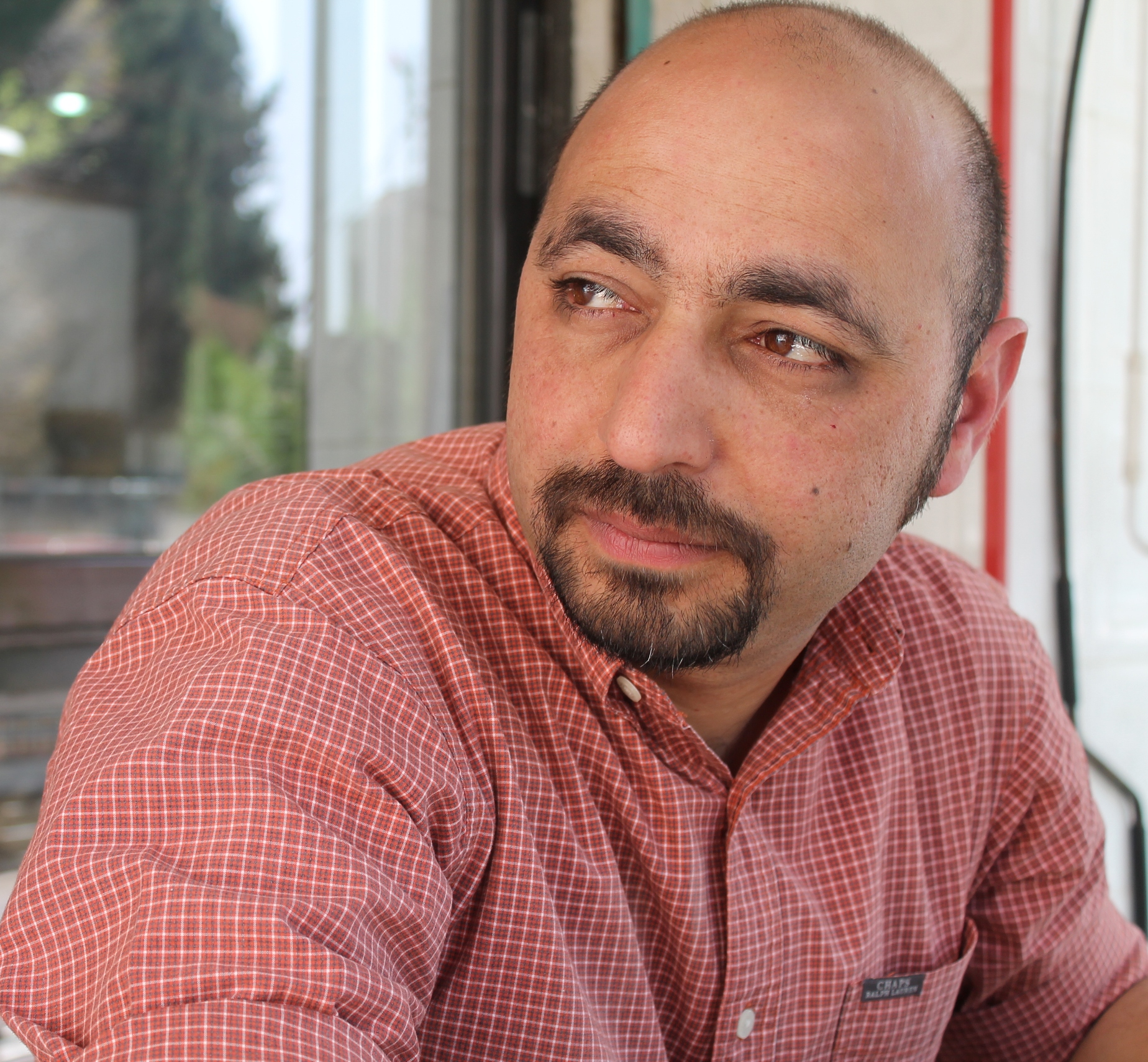Mohammad Ibrahim Nawaya’s story “To Be Led from Behind,” translated from the Arabic by Robin Moger, has been chosen to appear in Sonder Press’s 2020 award anthology The Best Small Fictions. The anthology, now in its sixth year, presents one hundred and twenty-six pristinely crafted pieces from an array of authors. It features micro fiction, flash fiction, haibun stories, and prose poetry.
The Bath Flash Fiction Award writes “[T]he beauty of an anthology such as this, pulling together the best of the form, is that you will always encounter something new, something different, something that pushes the boundaries of flash further than before. If this anthology proves nothing else, it is that small fiction in all its forms continues to go from strength to strength, as does the series itself.”
Congrats to Mohammad! Read “To Be Led from Behind” here, or check out other pieces from our Issue 17 portfolio of Arabic stories from Syria,.
Browse more of The Common’s prize-winning pieces here.








